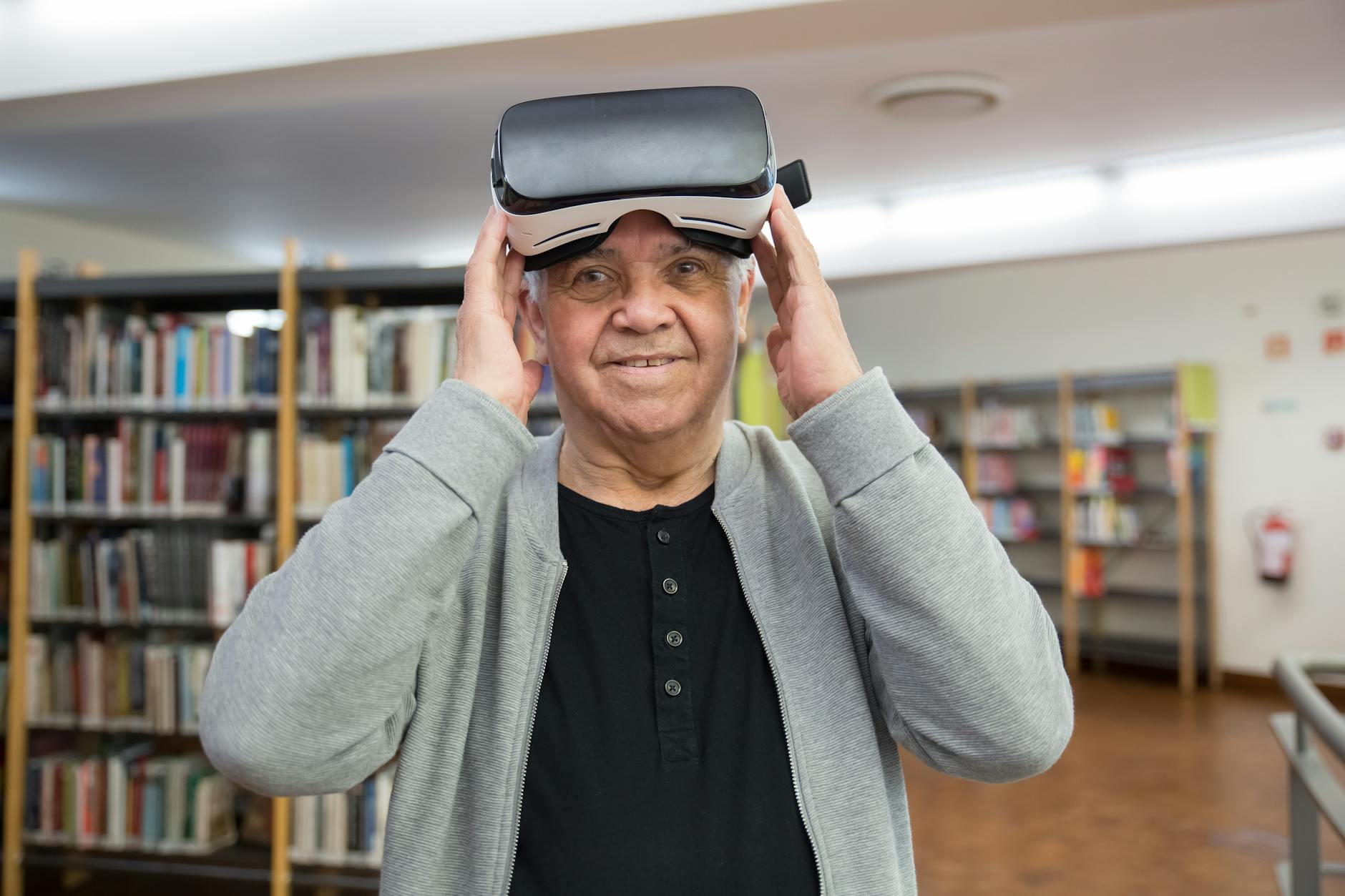A groundbreaking new digital encyclopedia, spearheaded by an influential tech magnate, has just burst onto the scene, aiming to redefine how we access information online. This ambitious platform, dubbed Grokipedia, explicitly positions itself as a challenger to the long-standing dominance of Wikipedia, promising an alternative vision for collaborative knowledge. However, in a surprising turn, Wikipedia’s own co-founder remains entirely unimpressed, casting serious doubts on the efficacy of AI-driven content creation for such a monumental task.
The Rise of Grokipedia: A New Vision for Digital Information
The digital landscape is buzzing with the arrival of Grokipedia, a revolutionary online encyclopedia initiated by a prominent figure in the technology world. This innovative platform is reportedly designed to offer a fresh perspective on aggregating and disseminating information, consciously positioning itself as a direct competitor to established online knowledge bases. Its creator suggests it will provide a distinct take, moving away from what some perceive as prevailing editorial viewpoints within existing platforms, by leveraging advanced artificial intelligence to shape its content.
Wikipedia’s Co-Founder Responds: The Human Touch in Knowledge Creation
Amidst the grand unveiling, the co-founder of Wikipedia, Jimmy Wales, has offered a surprisingly candid and confident rebuttal to the notion that AI could displace the human-driven model. Far from being concerned about the new rival, Wales firmly asserts that large language models (LLMs), despite their impressive capabilities, currently lack the nuanced understanding, critical evaluation, and reliability required to produce high-quality, trustworthy encyclopedic entries. His stance highlights the enduring value he places on human editorial judgment and community collaboration in maintaining the integrity and accuracy of online knowledge resources.
While the launch of an AI-powered encyclopedia marks a significant moment in the evolution of digital information, the robust skepticism from Wikipedia’s co-founder ignites a crucial debate about the future of knowledge curation. This unfolding narrative underscores the ongoing tension between technological innovation and the irreplaceable value of human intellect and critical oversight in shaping our understanding of the world. The challenge is set: can AI truly create a comprehensive and unbiased knowledge repository that stands the test of human scrutiny?

Leave a Reply